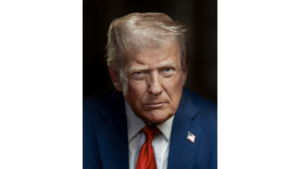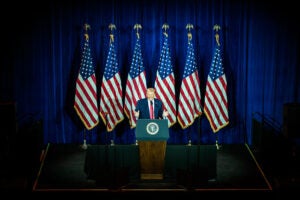
Following recommendations last fall to the Department of Defense to modernize how the U.S. conducts its foreign military sales (FMS) program, a trio of defense trade associations on Thursday released the second volume of their report, this one focused on improving the State Department’s role in the FMS system amid increasing demand for U.S. security assistance. “Our current FMS system does not provide the flexibility, transparency, and speed the U.S. and our allies and partners need to prevail in this…

 By
By 











